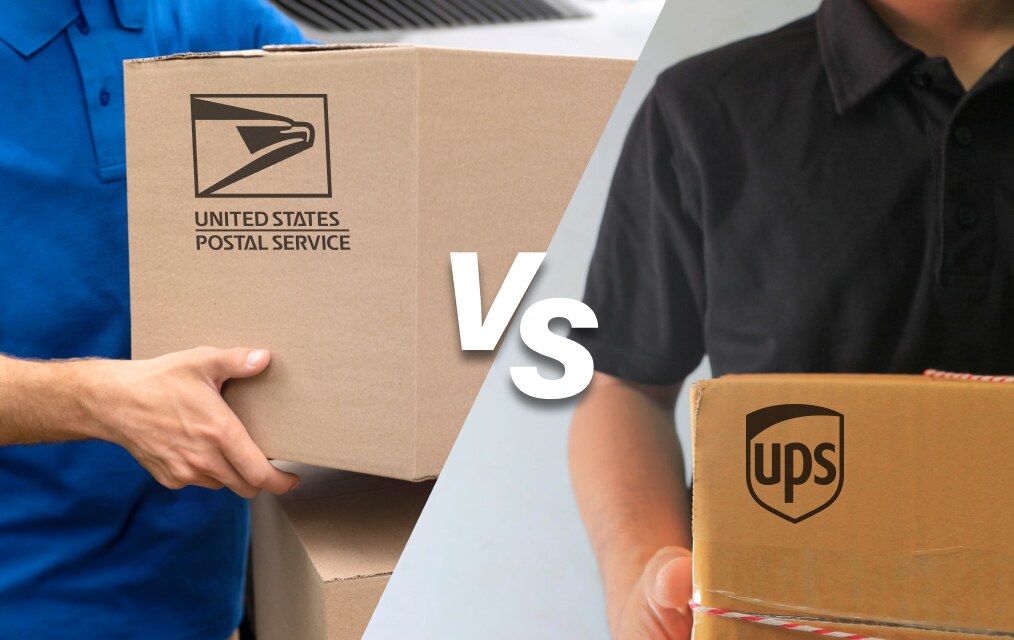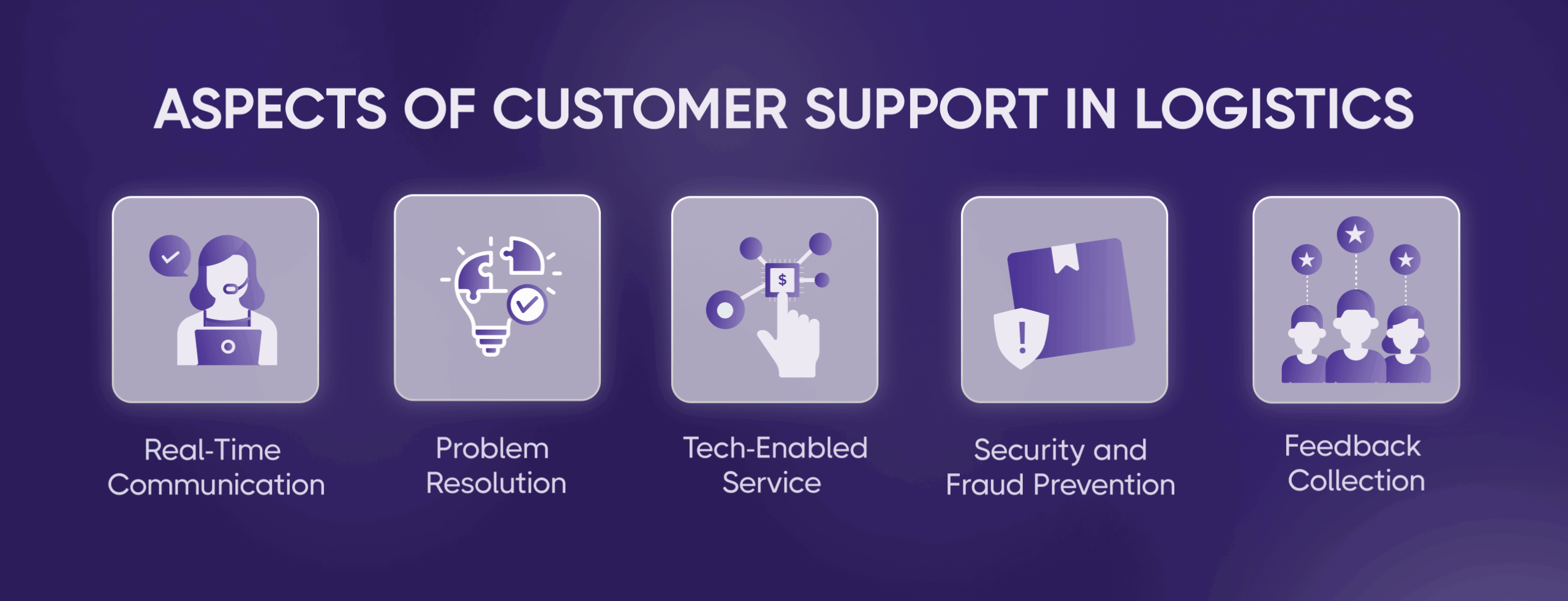
Introduction Choosing the right package delivery company is crucial for any eCommerce business. Whether you're…
STEPHEN RUHLAND
5 mins read
5 mins read

SUHEIL DHIRANI
April 29, 2025
When most people think about logistics, they picture warehouses, shipping labels, and delivery trucks. But behind every smooth delivery and every solved issue is a team of dedicated customer support professionals making it all happen. In today’s hyper-competitive logistics landscape, world-class customer service isn’t just a nice-to-have—it’s a business essential.
Great client assistance ensures that operations run efficiently, questions get answered fast, and customers feel empowered and cared for. Whether it's resolving a delayed shipment, navigating customs, or preventing fraud, a strong customer service logistics coordinator can mean the difference between a one-time user and a loyal customer.
Let’s explore how customer support is redefining the modern logistics experience.
Customer service in logistics refers to the set of support systems, communication strategies, and human interactions that ensure customers receive timely, accurate, and helpful information about their shipments and services. This includes everything from handling inquiries and solving issues to proactively communicating updates.
In logistics, where goods often cross borders and depend on multiple partners, customer support acts as the glue holding it all together—coordinating between fulfillment teams, carriers, customs, and customers.
The primary goals of shipping customer service are:

Customer support in logistics extends far beyond answering emails. Here are the critical elements:
1. Real-Time Communication
Live chat, email, and phone support—often with multilingual support—ensure customers feel heard and supported wherever they are.
2. Problem Resolution
From tracking delays to damaged goods, customer support is trained to de-escalate, resolve, and reassure.
3. Tech-Enabled Service
Customer service logistics teams use CRM systems, ticketing software, and AI-driven tools to streamline processes and enable continuous improvement.
4. Security and Fraud Prevention
Preventing fraud, identity theft, and suspicious activity is crucial—especially in international shipping and logistics and customs services.
5. Feedback Collection
Support teams are on the frontlines of customer insight. Feedback they collect helps improve logistics systems and inform product or policy changes.
Even top-tier logistics companies face hurdles. Here are common customer service challenges in the industry:
Failures in these areas lead to dissatisfied customers, negative reviews, and churn.
In a world where consumer expectations are sky-high and competition is fierce, logistics companies can’t afford to overlook great customer service. Here’s why it matters:
Ultimately, good customer service ensures every shipment is more than a transaction—it becomes a trust-building moment.
Logistics isn’t just about moving packages—it’s about moving people’s expectations and trust. At eShipper, we believe in delivering good customer service that empowers our clients, enhances transparency, and supports long-term business success.
Whether you’re scaling your eCommerce business or shipping globally, the support you receive can make or break your logistics experience. Let us help you turn customer support into a competitive advantage.
Ready to work with a logistics partner who puts customer service first? Contact eShipper today for solutions that prioritize your needs and delight your customers.
The main role of customer support is to assist customers in resolving issues, provide timely and accurate information, and ensure a smooth and satisfying experience throughout their logistics journey.
Customer experience in logistics encompasses the overall perception a client has when interacting with a logistics provider—from order placement to final delivery and support.
In a shipping company, customer service ensures that customers are informed, supported, and satisfied. It includes tracking orders, resolving problems, and communicating clearly across different stages of delivery.
Customer service is vital in logistics because it builds trust, drives customer loyalty, and ensures efficient operations. It’s the backbone of delivering on-time, error-free, and satisfying delivery experiences.
A customer logistics analyst tracks customer orders, identifies service trends, analyzes delivery performance, and suggests improvements to enhance overall customer satisfaction and operational efficiency.
Logistics plays a critical role in the value delivery chain by ensuring products are delivered accurately, quickly, and safely—creating value through reliability, speed, and trust.